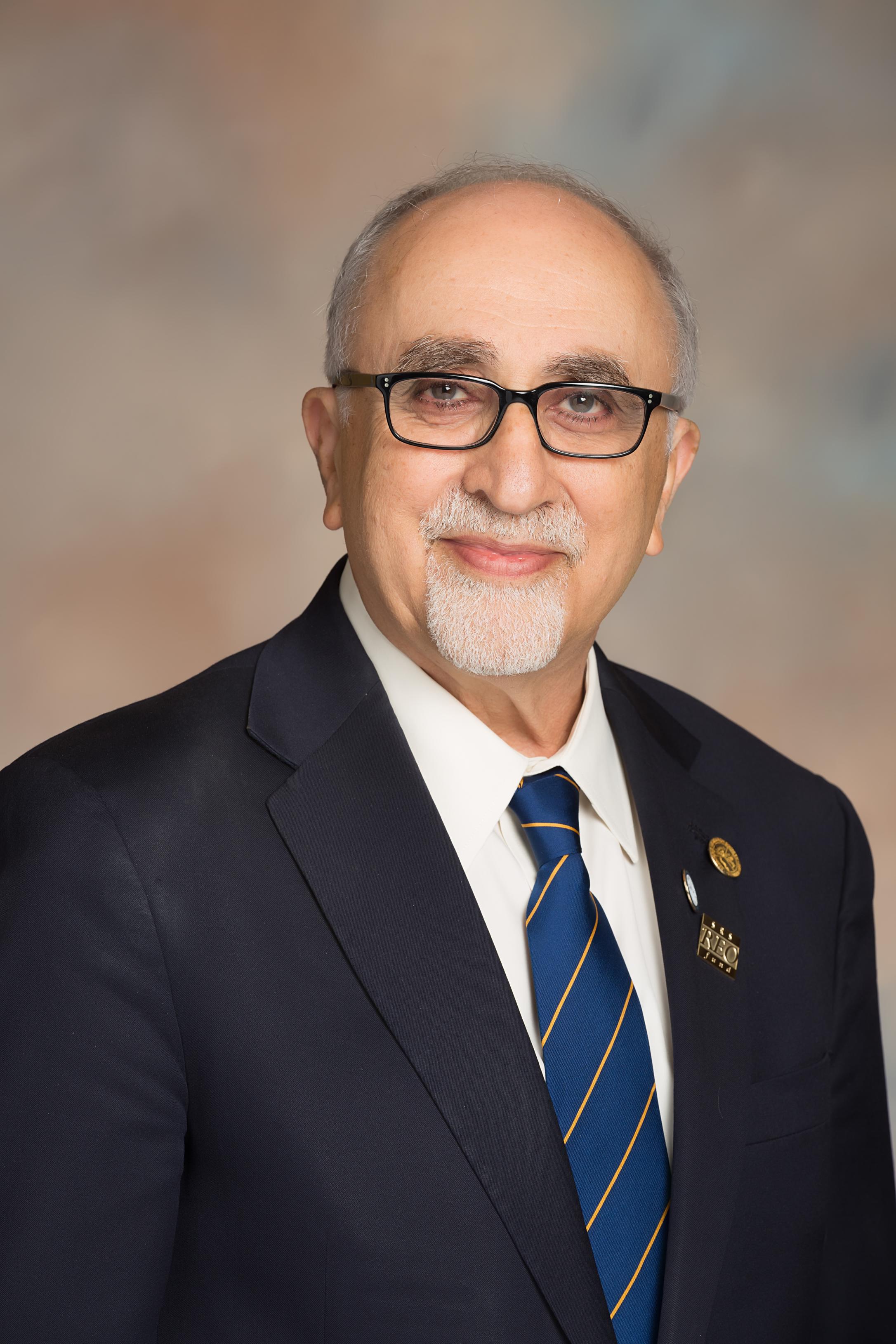The spine industry has significantly evolved over the last few decades — a transformation described as "night and day" by pediatric and adult scoliosis surgeon Behrooz Akbarnia, MD, past Scoliosis Research Society president and founder of San Diego Spine Foundation.
Dr. Akbarnia remembers a time when scoliosis patients with spinal fusion had to undergo many corrective castings and recover in bed for six months to a year  before they were allowed to walk.
before they were allowed to walk.
"I think now the general trend is toward less invasive surgery," says Dr. Akbarnia. However, Dr. Akbarnia cautions surgeons should only perform MIS if it will yield the same or better patient outcome as an open technique approach.
"'Good surgeons know how to operate, better surgeons know when to operate and the best surgeons know when not to operate,'" says Dr. Akbarnia, quoting an old adage.
He emphasizes the importance of patient selection, and hopes advancements in technology will allow surgeons to better determine the source of a patient's disability and pain and address the problem appropriately.
"The key is an accurate diagnosis, because if you don't have a right diagnosis, you can't have a proper treatment and eventually good outcome," says Dr. Akbarnia.
This is just one piece of advice he passes on to young surgeons, as Dr. Akbarnia has dedicated much of his career to mentoring younger generations. For many years, he ran a fellowship program in St. Louis, and then created a new program in San Diego, after establishing his practice, the San Diego Center for Spinal Disorders, in 1990.
To support this fellowship program, Dr. Akbarnia created the San Diego Spine Foundation. Together with the foundation, his academic private practice conducted research and educational activities as well as participated in outreach programs around the globe. He encourages young surgeons to focus on helping patients and not get tied up in the financial aspects of their careers. "That will come if you do the right thing for your patients," he says.
"I've found the best moments in my professional career have involved the mentoring of young surgeons, by teaching them the principles and advising them to get involved and to give back to their profession, to the field of spine surgery, to the related professional societies and charities, and to the generations who will follow them," says Dr. Akbarnia.
Dr. Akbarnia also discovered his passion in pediatric scoliosis care and found various avenues to advance and contribute to this part of the field. When he practiced in the mid-eighties, very young children with Early Onset Scoliosis faced grave circumstances. Spinal fusions constricted the development of the thorax and lungs. Then, one of the pioneers in the field, Robert Campbell, MD, introduced growth-friendly procedures such as growing rods and VEPTR. These young children, however, still suffered through biannual surgeries to expand the devices as they grew and experienced high complications from repeated surgeries, in addition to expected complications and morbidity of underlying EOS etiology.
"I was motivated to find some treatment to control the deformity and at the same time allow the spine to grow, but without the need for repeated surgeries," says Dr. Akbarnia.
Dr. Akbarnia immersed himself in pediatric scoliosis research, which eventually turned into the Growing Spine Study Group. He founded the Growing Spine Foundation to support the study group. He saw the study group as an opportunity for surgeons to pool research and to establish, for example, new methods to eliminate excessive surgeries for children with EOS. In part, the GSSG's research led to FDA clearance of a magnetically controlled growing rod in the United States in 2014.
In 2007, he also established an an annual International Congress on Early Onset Scoliosis, to present research in this field and create a forum for discussions and communication among the experts.
Currently retired from clinical practice, Dr. Akbarnia dedicates his time to research and education as well as spends more time with his family, including his four grandchildren.
"I think one of the most fulfilling aspects of my career has come from the opportunity to do research, to innovate and to help numerous adults and children with spinal deformity," says Dr. Akbarnia."I feel I have given back by doing these things and by mentoring young surgeons."


